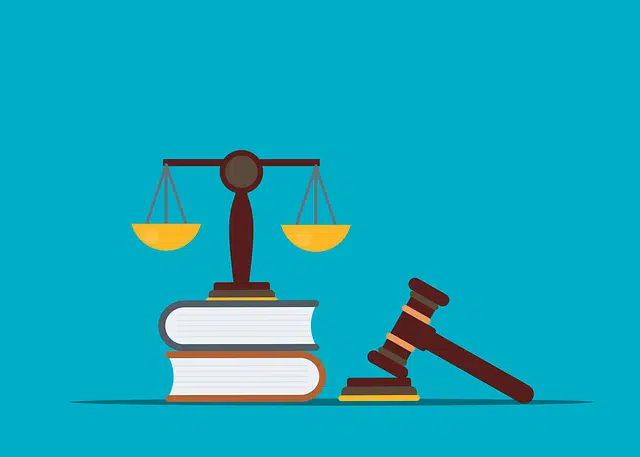
A precedent is an antecedent. For example: if a footballer was sent off several times, these precedents can influence the determination of the punishment derived from a new sanction.
You have to "go away" to Latin in order to find the etymological origin of the preceding term that concerns us now. In this sense, we can say that it derives from “praecedens”, which, in turn, is the result of the sum of three clearly delimited components:
-The prefix “pre-”, which can be translated as “before”.
-The verb “cedere”, which is synonymous with “walk”.
-The suffix “-ente”, which is equivalent to “agent”.
What is a precedent
It is an adjective that refers to that which appears before or is prior to something else . A precedent, therefore, is something that precedes.
For example: “With this precedent, I don't think they will grant us the loan we requested,” “The scandal unleashed by the deputy is something unprecedented in the history of the national Congress,” “There is no precedent for a similar situation.”
A background
It can be understood as a precedent to any antecedent of a situation. Suppose a footballer is sent off for hitting a rival player. When determining the corresponding punishment, the Disciplinary Court will analyze the athlete's career and, if it finds precedents for acts of violence, it will consider them as aggravating factors.
Precedents, therefore, serve to make certain decisions. If a person who owes money to another person borrows from him again, the second person can refuse to give him more money taking into account the precedent that he has not yet returned the previous loan.

At the judicial level, a precedent can be constituted as a source that creates rights.
Unprecedented fact
In the same way, at a colloquial level the expression “an unprecedented event” is often used. It is used to record that the event referred to is truly new because something like this has never happened before.
A clear example of this is what happened in the summer of 2007. Specifically, what happened was that two men, a Romanian prisoner and a United States senator, agreed to put a singular demand before God. The first accused him of not having saved him from the Devil, who had led him to murder a person, and the second accused him of being responsible for hurricanes, tornadoes and similar natural disasters.
There is also the expression “without serving as a precedent.” What this means is that you are going to do something for the first time but that does not mean that it is going to become something habitual. An example of this meaning could be the following: “Without serving as a precedent, I am going to buy you that mobile phone that you want.” It is a way for the father to tell the son: this time I will give you the whim, but don't think that this will happen again.
The notion at the judicial level
At the judicial level, precedents can serve as support in the context of a trial . The ruling, in this sense, can derive from previous resolutions that serve as a precedent to end a dispute. A precedent, therefore, becomes a source that creates rights.
It is often said that some rulings set a precedent since, by dealing with issues until then never resolved through judicial means, they become a precedent to be taken into account in future litigation.
